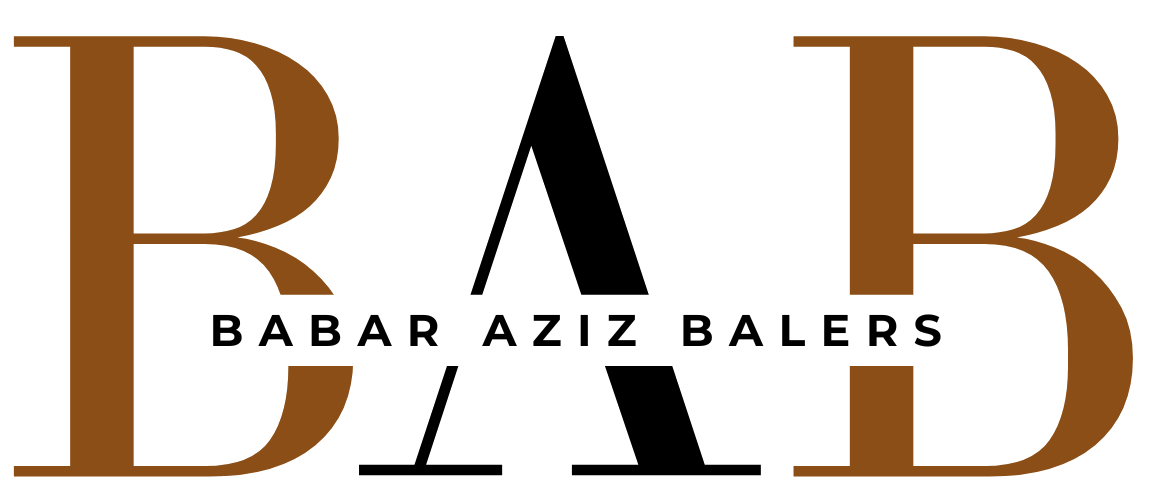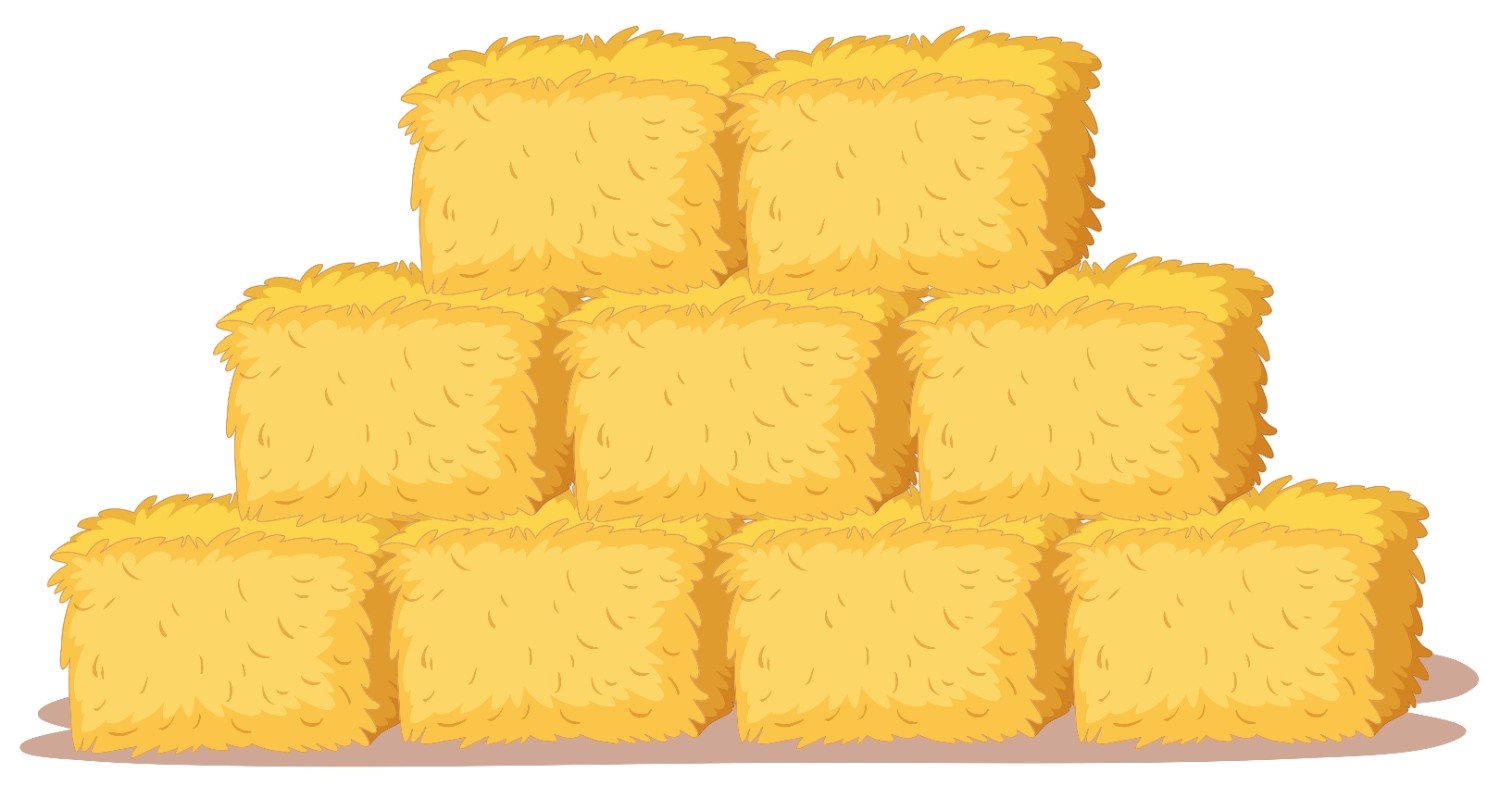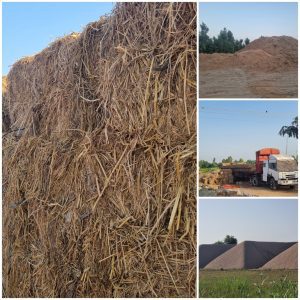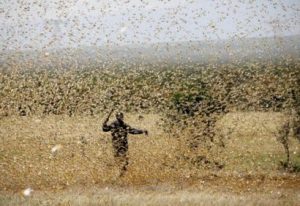Introduction
In Pakistan’s rapidly evolving energy landscape, wheat straw baling has shifted from a niche service to an absolute necessity. What began as a cheaper way for mills to haul loose biomass has transformed into a logistical imperative—driven by skyrocketing demand, storage constraints, and the rise of small-scale operations that simply can’t handle open loads. Here’s why baled wheat straw is now the backbone of both Pakistan’s biomass fuel and animal feed markets.
1. From Cheap Open Loads to High-Demand Bales
- The Old Way: Historically, industrial mills bought loose agricultural residues because the per-kilogram price felt lower—despite huge losses from spillage, moisture contamination, and bulky inventory.
- Today’s Reality: Local open biomass supplies can’t meet growing energy needs. Mills now source from further afield—and none can import or truck loose straw cost-effectively over long distances. Only wheat straw balers like Babar Aziz Balers can compress and containerize these materials for efficient, high-volume transport.
2. Space & Storage—Why Small Mills Love Bales
- Storage Crunch: Smaller mills often lack large yards or sheds required to store loose straw. Open piles take 5–10× more space than equivalent bales.
- Baled Advantage: A 35–40 kg bale stacks cleanly under roof or in containers, slashing storage footprint by 80%. This frees up valuable real estate for production, not bulky stacks of loose crop residue.
3. Cost & Weight Efficiency Over Distance
- Loose Loads: Trucking loose straw from Punjab to Sindh or Balochistan eats into margins—wet, wind-blown loads carry “air” weight and require tarpaulin, labor, and loss allowances.
- Baled Loads: Uniform density means every kilo you pay for is straw you get. Clients regularly report 25–35% freight savings when switching to compressed bales for long-haul routes.
4. Dual-Use: Biomass Fuel & Premium Animal Feed
- Biomass Fuel: Baled wheat straw from Babar Aziz Balers is moisture-controlled, high-calorific, and ideal for industrial boilers across Pakistan—and for export markets like the UAE.
- Animal Feed: In Northern Pakistan, mills and farmers prize our bales for livestock nutrition. Clean, dust-free, and consistent, they outperform loose straw that often harbors mold or foreign debris.
5. Real-World Impact: Export & Rural Development
- Export to UAE: Our container-ready bales regularly ship 20+ tonne loads to Gulf markets—impossible with loose straw.
- Rural Growth: Six baling centers in Punjab and Sindh employ hundreds, turning field residues into high-value products that sustain local economies and reduce open-field burning.
6. Why Babar Aziz Balers Leads the Pack
- 30+ Years’ Expertise: Pioneers of Pakistan’s first hydraulic straw presses.
- Flexible Bale Sizes: From 8 kg to 40 kg+ on demand.
- Networked Operations: Six strategic centers near major harvest zones.
- White-listed by Military & Industrial Clients: Proven reliability, even under the toughest contracts.
Conclusion & Call to Action
Switching from open transport to baled wheat straw isn’t just a logistical upgrade—it’s a business-transforming strategy. Boost your energy security, cut costs, and secure premium quality feed with Babar Aziz Balers’ trusted wheat straw baling services.
👉 Ready to optimize your supply chain? Reach out at info@babalers.com or call 📞 0313-2222527 to discuss your next project.



